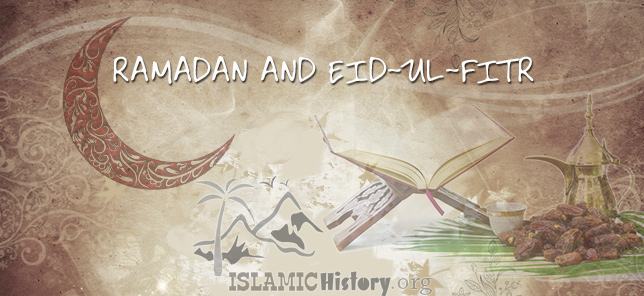Ramadan is the ninth month of the Muslim calendar and is called the holy month. While traditionally a sacred period devoted to prayers, fasting, and charity. Its a time of the year to renew one’s spiritual commitment to his religion.
Ramadan is an important time for Muslims all over the world. Muhammad [saw] received Allah’s message during Ramadan. Allah[swt] revealed the Quran, to prophet Muhammad [saw] during the holy month of Ramadan.
If any Muslim is asked, what they appreciate about Ramadan, they would give similar answers. They will mention the spiritual strength they feel as they fast and pray.
We Muslims believe that the gates to heaven are open during Ramadan: Good deeds are richly rewarded and it is easier to enter paradise than other times of the year: Simultaneousely the gates of hell are closed and all devils chained up behind them. In Ramadan the devils are not loose to lure people into trouble, so it is especially easy to do good deeds instead of the bad ones.
True believers pray more than usual during Ramadan. According to Islamic teaching, prayer functions as a way of fulfilling the needs of the spirit, just as food, water and exercise fulfill the needs of the body. Prayers put believers in touch with Allah [swt], helping them remember his greatness and think of ways they can develop good qualities in themselves.
Prayer is an opportunity to think about one’s life and see how one’s actions meed with Allah’s [swt] desires.
Adult Muslims are expected to fast during daylight hours during Ramadan. They eat a light meal before dawn, then go without food or drink all day until sunset.
The end of Ramadan is celebrated with a festival called Eid-ul-Fitr “Festival of the Breaking of the Fast” which end Ramadan every year.
Before the Eid festival, everyone gives money to charity and there are special prayers held at the mosque.
Muslim families gather and give each other gifts, a special fair is held for the community.
The Islamic Calendar is a lunar calendar. Each of the twelve months in the Islamic calendar begins with the new moon. On the other hand the Christian calendar is based on the Sun. As lunar months are shorter than solar months, the Muslim calendar is eleven days shorter than the Christian calendar. Festivals therefore occur eleven days earlier each year as compared to the Christian calendar.

